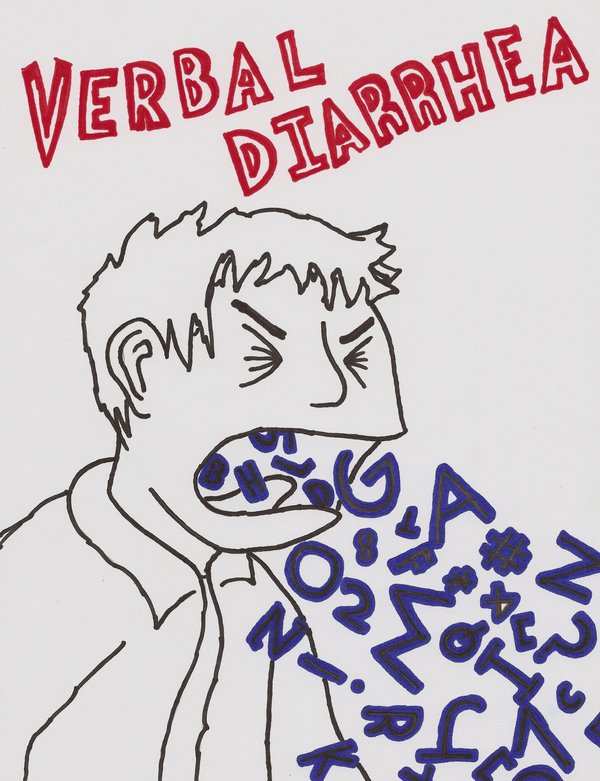Verbal vs Oral
Many people are confused about when to use “verbal” and “oral” because the difference between the two words is very small. By understanding this difference, you can use verbal and oral more accurately. In English, “oral” is used as both an adjective and a noun, while “verbal” is used as an adjective, noun, and verb. “Oral” has its origins in the early 17th century and “verbal” has its origins in the late 15th century. It is important to note that “verbal” is used as a verb only in British informal English.
What does Oral mean?
The word “oral” is used as an adjective to mean “by word of mouth.” It refers to spoken language rather than written language. Anything, particularly medicine, taken by mouth, is referred to as “oral,” as in the expressions “oral medication” or “oral contraceptive.” The word “oral” is used in the sense of anything dictated, as in the sentence “he dictated it orally.” It is interesting to note that “oral” has an adverbial form in the word “orally.” The noun form of “oral” is “oration.”
What does Verbal mean?
On the other hand, the word “verbal” refers to something concerned with words, as in the expressions “verbal indication” or “verbal distinction.” Anything of the nature of verbs is often referred to as “verbal,” as in the expression “verbal inflections.” Sometimes, “verbal” is used in the sense of “literal,” as in the expression “verbal translation.” In the sentence “It was a verbal translation of Paradise Lost,” the use of the word “verbal” gives the sense of “literal,” meaning “it was a literal translation of Paradise Lost.” The word “verbal” also has an adverbial form in the word “verbally.” The noun form of “verbal” is “verbatim.”
Key Takeaways
- “Oral” refers to spoken language, and “verbal” refers to something concerned with words.
- “Oral” is used for anything taken by mouth or dictated, while “verbal” can refer to anything related to verbs or used in a literal sense.
- Both “oral” and “verbal” have adverbial forms (“orally” and “verbally”) and noun forms (“oration” and “verbatim”).
